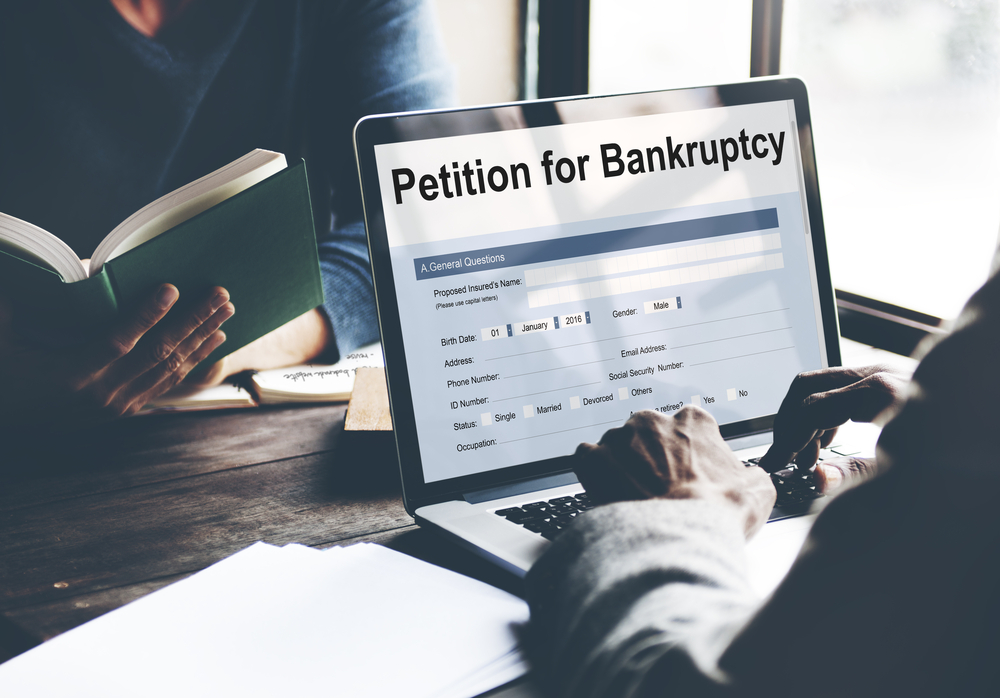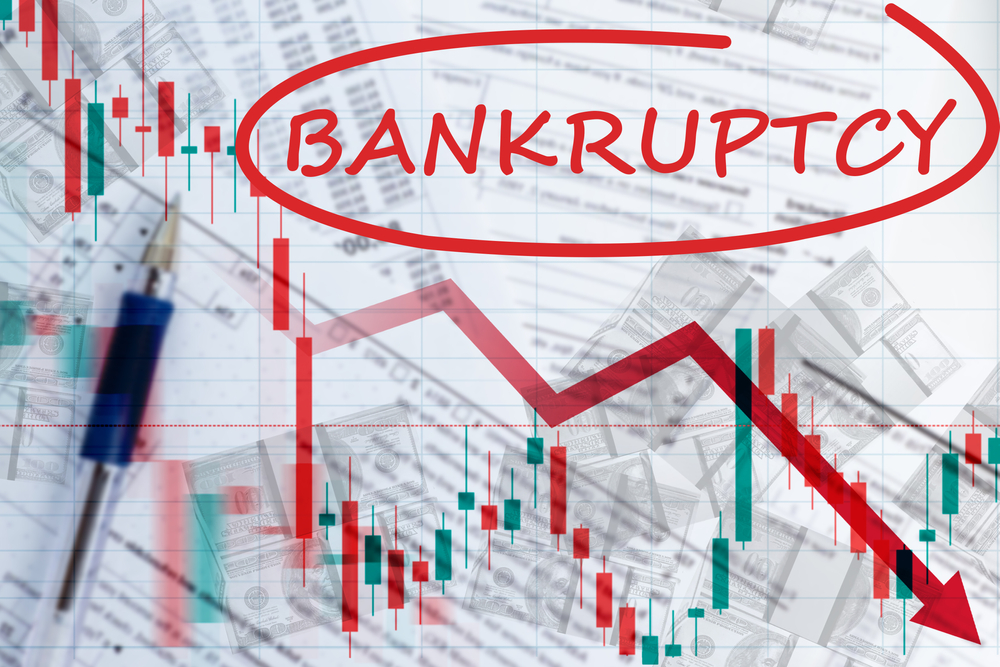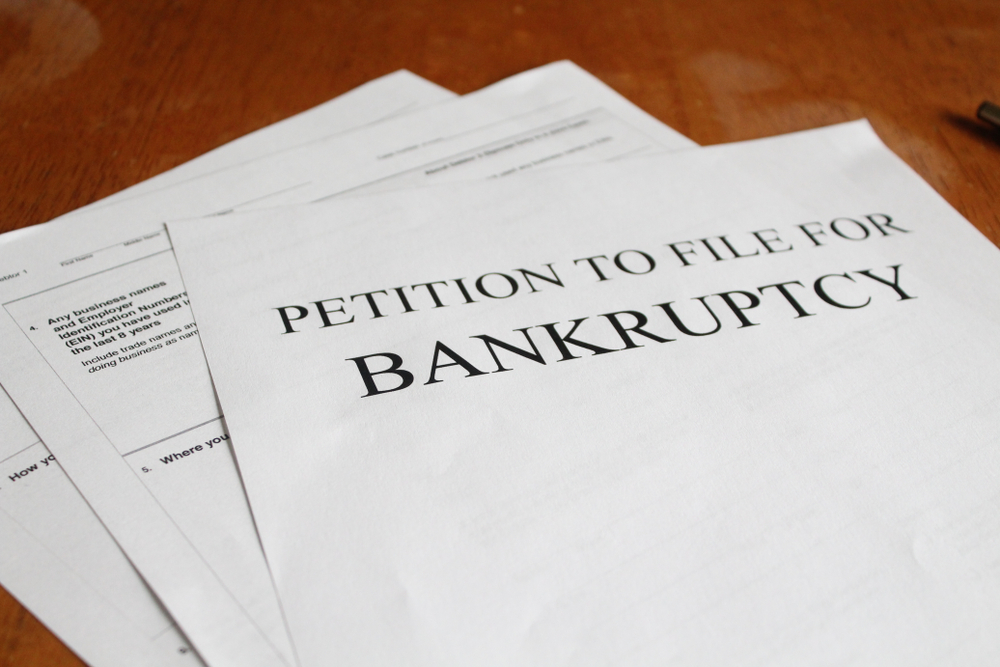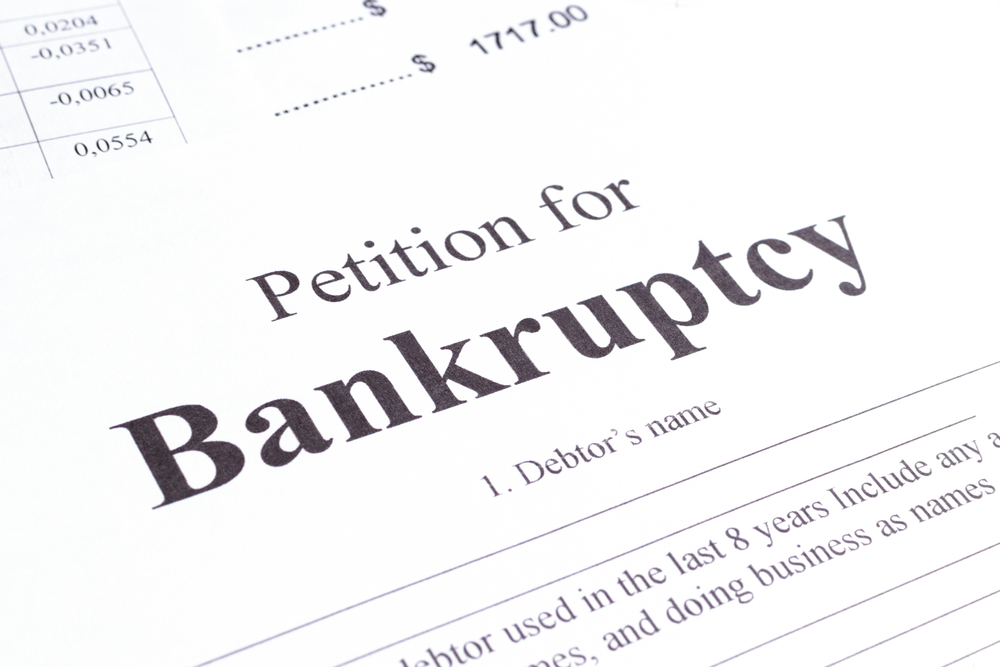If you own your home and are scared to file bankruptcy because you fear you may lose your home, you’re not alone! Many people are hesitant to consider bankruptcy because of the risks it may pose to their home and it is frequently one of the most common questions we are asked. Our homes are where we build our lives and it can be scary to consider the possibility of losing what you have worked so hard for! Fortunately, with a bankruptcy, there are ways to protect your home.
.jpg)
Is My Home Protected in Bankruptcy?
If you own your home and are scared to file bankruptcy because you fear you may lose your home,...


















